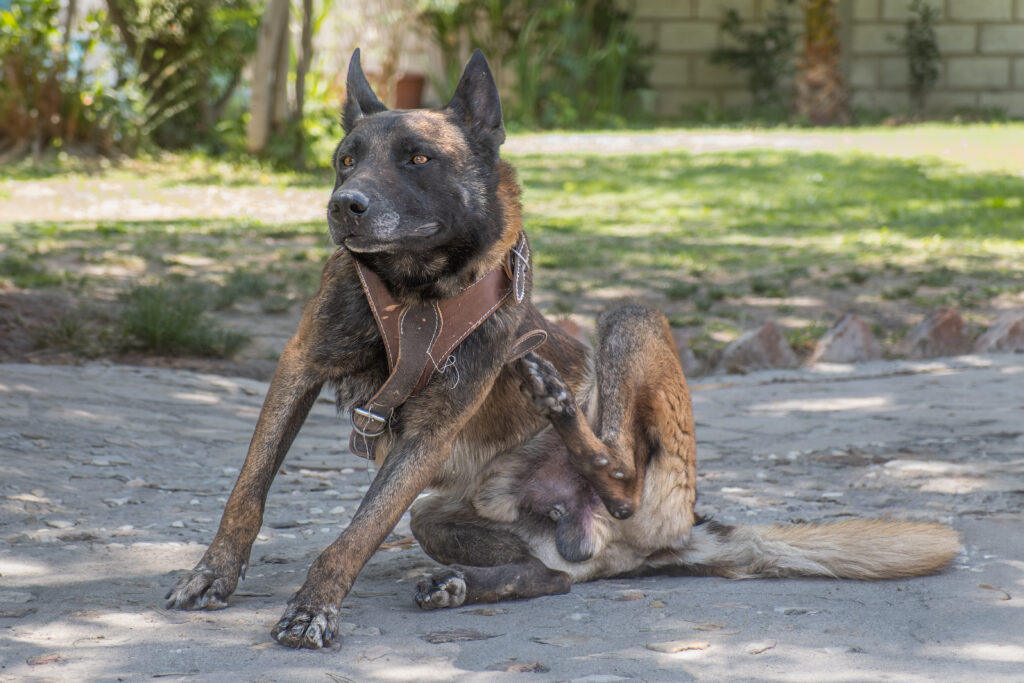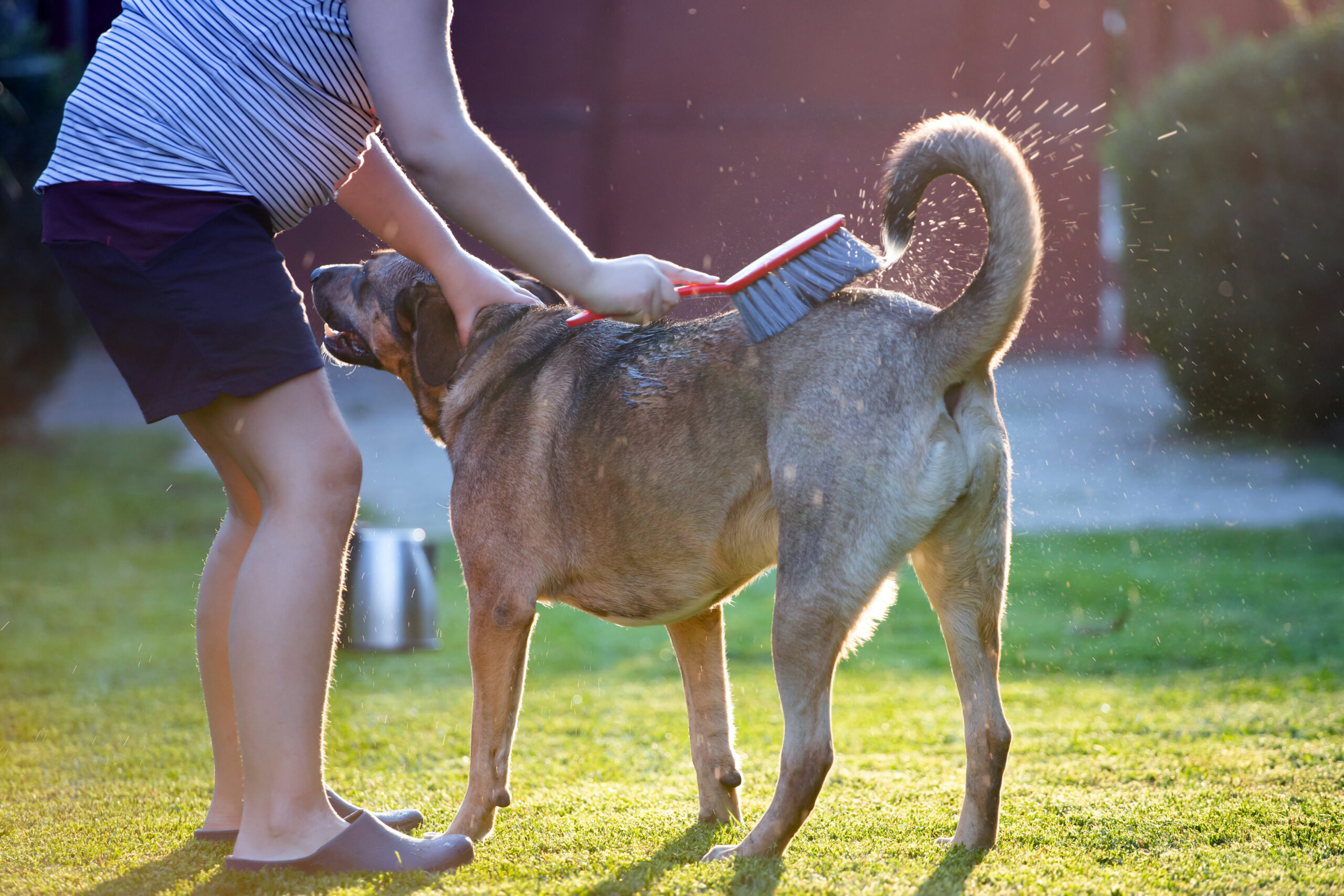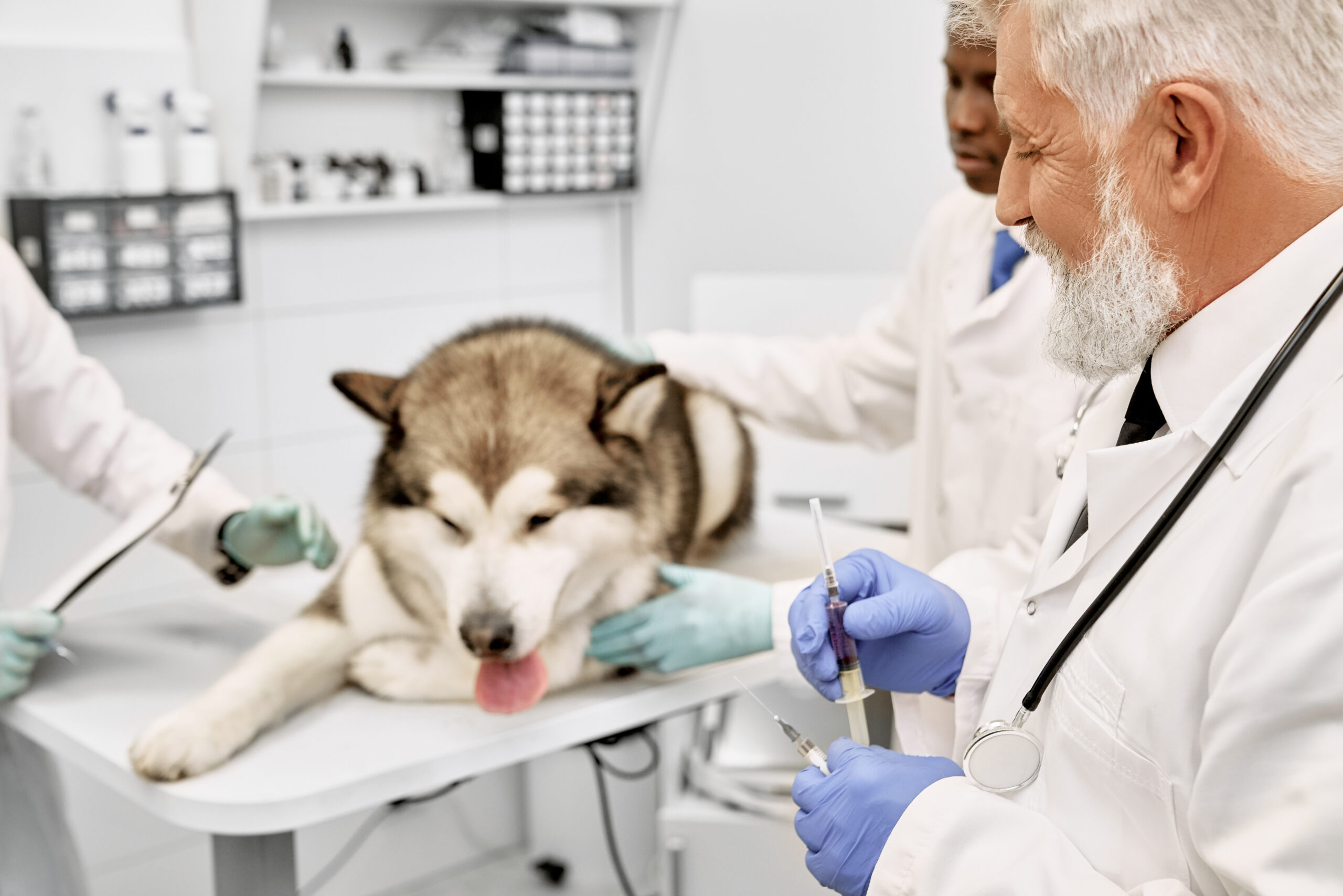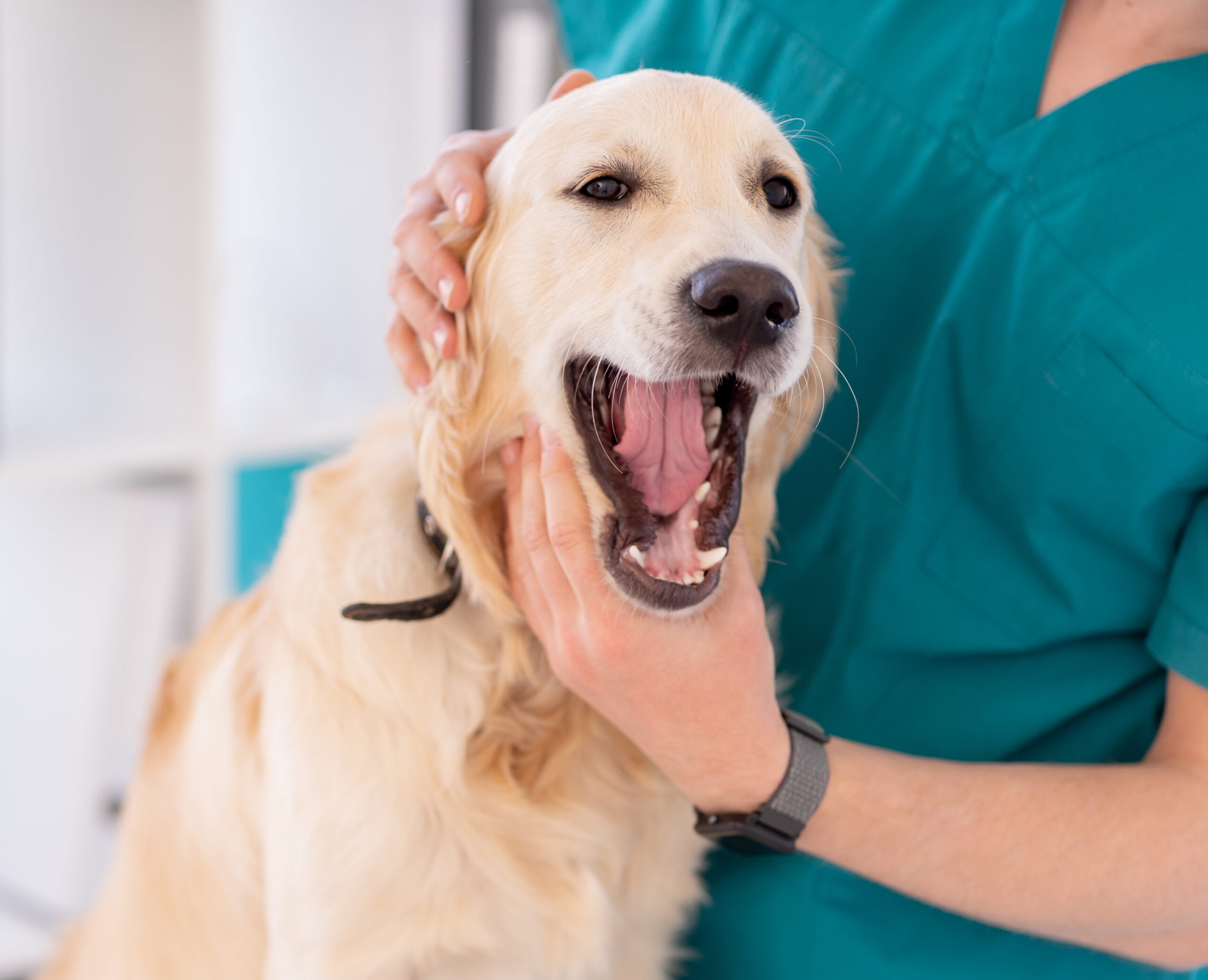1 October 2025
As pet parents, we hate seeing our furry friends in discomfort. One of the most common reasons for a dog's distress is allergies. That constant scratching, licking, or an upset stomach can be worrying. But what exactly is an allergy, and what can you do about it?
Just like people, dogs can have allergic reactions when their immune systems mistake everyday substances—or allergens—for a dangerous threat. While these allergens are harmless to most animals, a dog with allergies will have an extreme reaction.
This guide will walk you through how to identify, diagnose, and manage your dog's allergies so you can help them get back to being their happy, healthy self.
What Are Dog Allergies?
An allergy is an overreaction of the immune system to a substance in the environment. These allergens can become a problem for your dog in three main ways:
- Inhaled: Breathing in allergens like pollen, mold, or dust.
- Ingested: Eating an ingredient that triggers a reaction.
- Contact: The allergen touches your dog’s skin.
As your dog's body tries to fight off and get rid of these substances, a variety of skin, digestive, and respiratory symptoms can appear.
Spotting the Signs: Common Symptoms of Allergies in Dogs
Allergies can manifest in many different ways, and sometimes the signs are subtle. Keep an eye out for these common symptoms:
- Skin Issues: Itchy, red, moist, or scabbed skin is the most frequent sign.
- Constant Scratching: More than the occasional itch, especially around the ears, paws, and belly.
- Itchy Back or Tail Base: This is a classic sign of a flea allergy.
- Paw Chewing or Swollen Paws: Persistent licking and chewing can lead to irritation and swelling.
- Ear Problems: Itchy ears and recurrent ear infections are very common.
- Eye Irritation: Itchy, runny, or red eyes.
- Respiratory Symptoms: Sneezing or snoring caused by an inflamed throat.
- Digestive Upset: Vomiting or diarrhea, often associated with food allergies.
- Constant Licking: Licking a specific area excessively.
It's also important to note that allergic dogs may suffer from secondary bacterial or yeast skin infections, which can cause hair loss, scabs, or crusts on the skin.
What's Causing the Itch? Common Canine Allergens
A wide range of substances can trigger an allergic reaction in dogs. Here are some of the most common culprits:
- Environmental Allergens: Tree, grass, and weed pollens; mold spores; dust and house dust mites.
- Food Ingredients: Common proteins and grains like beef, chicken, pork, corn, wheat, or soy.
- Fleas: The saliva from a single flea bite can trigger a severe reaction (flea allergy dermatitis).
- Household Irritants: Perfumes, cleaning products, cigarette smoke, and even some fabrics.
- Other: Animal dander (from other pets), feathers, insecticidal shampoos, and materials like rubber and plastic.
Which Dogs Are Most at Risk?
Any dog of any breed can develop allergies at any point in its life. However, they seem to be especially common in Terriers, Setters, Retrievers, and flat-faced (brachycephalic) breeds like Pugs, Bulldogs, and Boston Terriers.

Getting a Diagnosis: How to Know for Sure
If you suspect your dog has allergies, the first step is always a visit to your veterinarian. They can rule out other conditions and help you form a plan.
- For Environmental Allergies: If your dog's skin irritation persists, your vet may recommend allergy testing, often performed by a veterinary dermatologist. The most common method is an intradermal skin test, similar to what's used for humans, to pinpoint the specific allergens.
- For Food Allergies: The only reliable way to diagnose a food allergy is with an elimination diet. This involves feeding your dog a special, limited-ingredient diet with a protein and carbohydrate source they've never eaten before. For this to work, it's crucial that your dog eats nothing else—no treats, table scraps, or flavored medications. Once symptoms improve, you will slowly reintroduce old ingredients one by one to see which one causes the reaction.
How Can Dog Allergies Be Treated and Managed?
The best way to treat allergies is to avoid the allergen, though that isn't always possible. Here are the most effective strategies for managing your dog's symptoms.
- Prevention & Environmental Control
- Flea Control: Prevention is key. Use a high-quality, vet-recommended flea control program for all pets in your household year-round.
- A Cleaner Home: If dust mites are the issue, wash your pet’s bedding weekly in hot water and vacuum floors and furniture frequently.
- Air Purity: Use an air purifier to help filter out airborne allergens like pollen and mold spores.
- Bathing and Skin Care
- Weekly bathing with a vet-approved hypoallergenic or medicated shampoo can provide significant relief. It helps remove environmental allergens from your dog's coat and can soothe irritated skin. Be careful not to use the wrong products, as frequent bathing can also dry out the skin.
- Dietary Management for Food Allergies
- If a food allergy is diagnosed, the solution is simple: avoid the problem ingredient. For example, if your dog is allergic to chicken, you must avoid all foods, treats, and supplements containing chicken protein or fat. Switching to a high-quality, limited ingredient diet is often the best long-term solution for these pups.
- Medications and Supplements
- When allergens can't be avoided, your vet may recommend medication to control the symptoms:
- Allergy Injections (Immunotherapy): For airborne allergens, these injections can help your dog’s immune system become less reactive over time.
- Medications: Antihistamines may help some dogs, while stronger prescription drugs like immune modulators or corticosteroids (e.g., cortisone) may be needed for severe cases. These should only be used under the strict guidance of your veterinarian.
- Supplements & Topicals: Fatty acid supplements (like Omega-3) can support skin health and reduce inflammation. Soothing sprays containing oatmeal or aloe can also provide temporary relief for itchy spots.
- When allergens can't be avoided, your vet may recommend medication to control the symptoms:
A Happier, Itch-Free Life is Possible
Dealing with dog allergies can feel overwhelming, but with a proper diagnosis and a consistent management plan, you can significantly improve your dog's quality of life. Always work closely with your veterinarian to find the best path forward for your four-legged family member.
Have questions about finding the right food for your sensitive dog? Explore our line of our Holistic Choice formulas crafted to support dogs with unique dietary needs!




